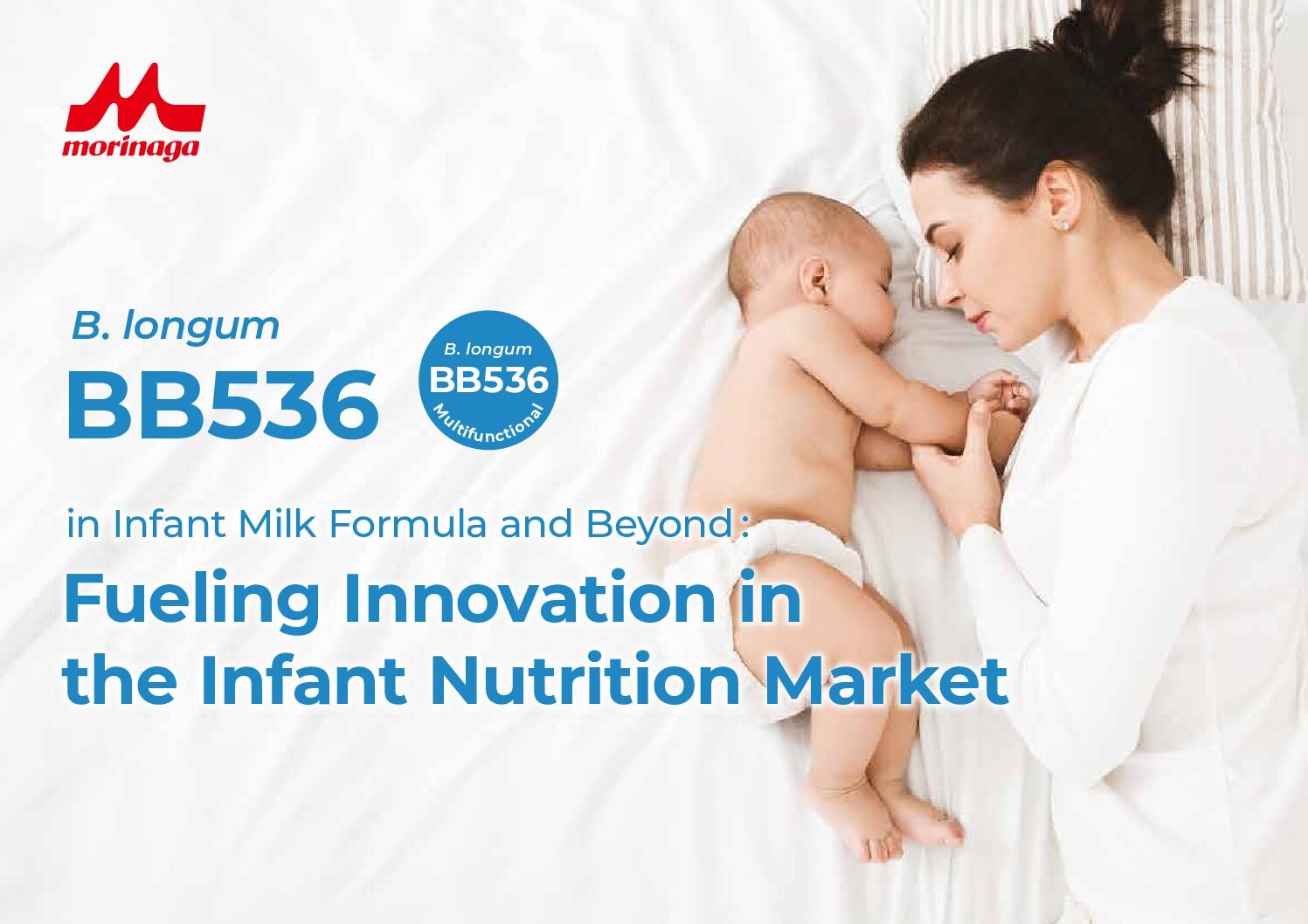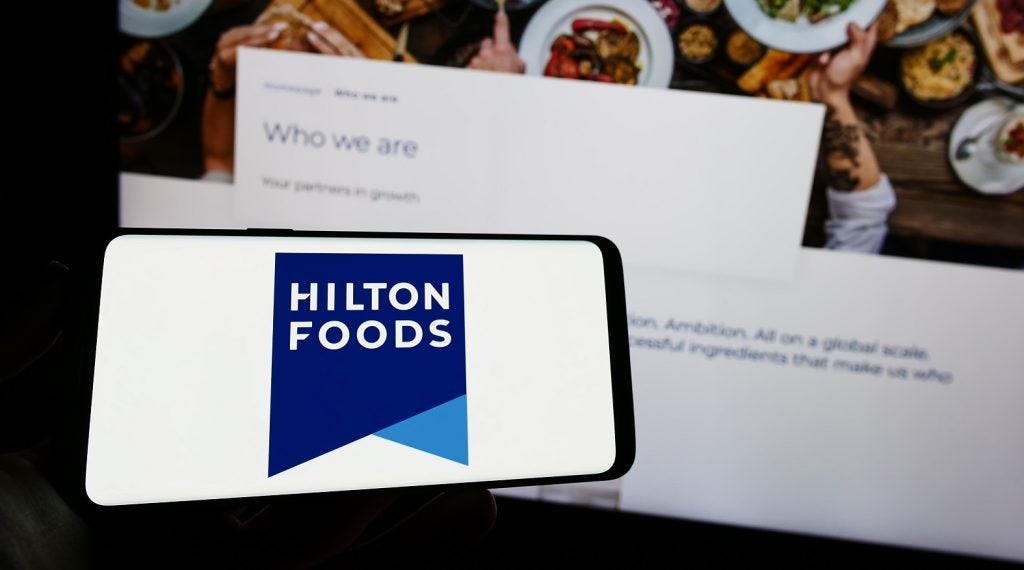The nascent alternative seafood industry has to improve the healthiness of its products to entice consumers from conventional fare, a senior Thai Union Group executive has said.
Jon Burton, business unit director for marine protein at Thai Union Europe, told an industry conference the biggest barrier to shoppers choosing alternatives to seafood is the health benefits they see in eating traditional seafood.
Burton told the Arena Meat Free Strategies conference that consumers normally choose alternative protein over conventional meat, dairy or seafood for two reasons: health and environmental concerns.
However, he said neither factor holds as much weight in alternative seafood. “You don’t have pretty much either of those received in [alternative] seafood,” Burton said. “Fish is healthy, everyone knows fish is healthy, you might not know exactly why but it’s really healthy. So that’s how health is a barrier for [alternative] seafood.”
Burton said there are ingredients alternative seafood companies can use to improve the nutrition of the products but indicated that could affect how they taste.
How well do you really know your competitors?
Access the most comprehensive Company Profiles on the market, powered by GlobalData. Save hours of research. Gain competitive edge.

Thank you!
Your download email will arrive shortly
Not ready to buy yet? Download a free sample
We are confident about the unique quality of our Company Profiles. However, we want you to make the most beneficial decision for your business, so we offer a free sample that you can download by submitting the below form
By GlobalDataSee Also:
“Therein lies the problem. Whatever you do, you are trading down nutrition [or] you are trading down taste and you [the company] are probably paying for it.”
He added only a “small number of people” are concerned with overfishing, arguing it is an issue “not hugely in the consumer consciousness”.
Globally, the market for alternative seafood is in its infancy and has yet to make the same kinds of inroads alt-meat has into conventional meat, even as that category’s growth has slowed. For example, according to some estimates, plant-based seafood is worth 0.1% of the conventional seafood market in the US.
Burton said he thinks the alternative seafood industry is ten years behind alternative meat because the majority of consumers are not yet looking for substitutes for seafood and therefore he added it is up to brands to “put alternatives in front of them”.
In February, Thai Union launched two vegan alternatives to tuna under its John West brand in the Netherlands. The company uses its “marine protein,” which is made of “sea-based” ingredients such as algae, Burton said.
In August last year, Thai Union made its first concreted foray into the plant-based seafood market in the US through an “alliance” with US plant-based seafood business The Ish Company.
Two years ago, Thai Union launched OMG Meat, a plant-based protein brand, in its domestic market. At the time, the company said it was looking to meet the “surging demand in Asia for healthy, environmental-conscious protein products”. It rolled out alternatives to seafood and meat.
“It’s a long journey and I’ll be honest, the biggest challenge is … trying to launch something transformational inside the walls of something established,” Burton told the Meat Free Strategies conference.
In 2019, Thai Union, alongside Mahidol University and Thailand’s National Innovation Agency (NIA), launched Space-F, an incubator and accelerator programme for plant-based start-ups.
The company has also set up the Thai Union Corporate Venture Fund, which has invested in fledgling businesses in alternative proteins, functional nutrition and what the company calls “value-chain technology”.
Burton added: “Despite almost in contradiction to what I’ve just said, we also recognise that we can’t do this alone and we need to collaborate. We need partners. We need to share the bill together.”





